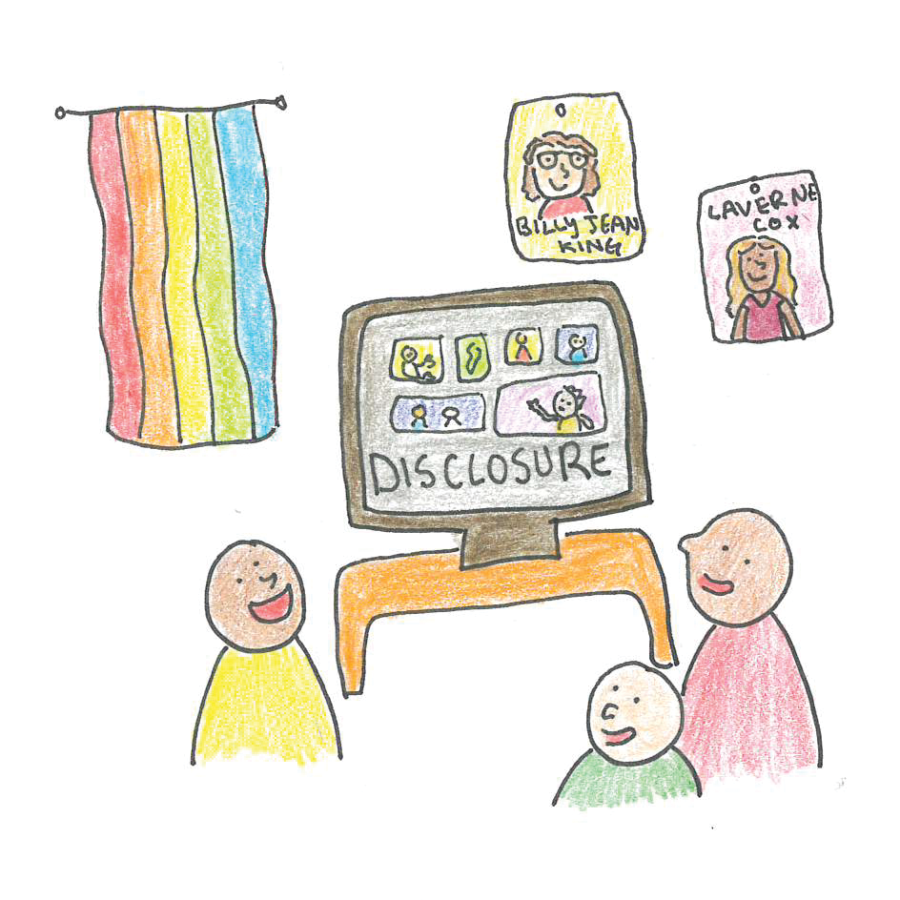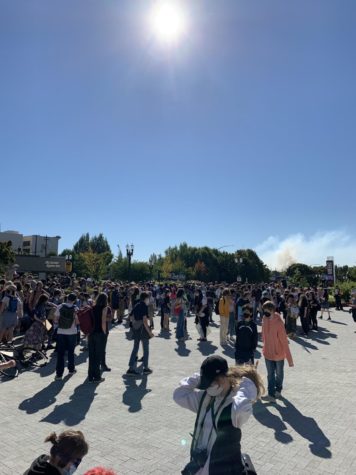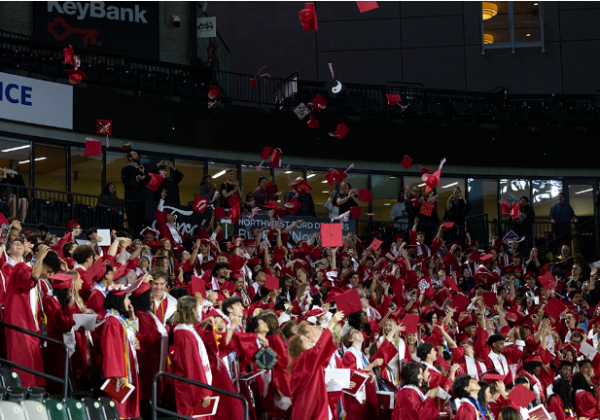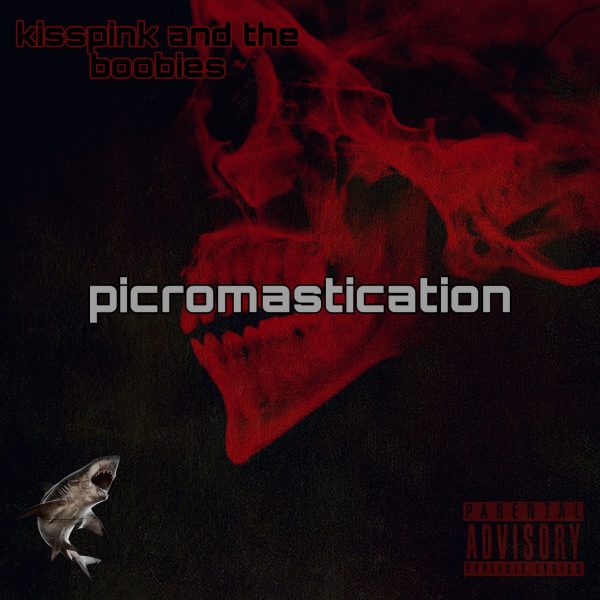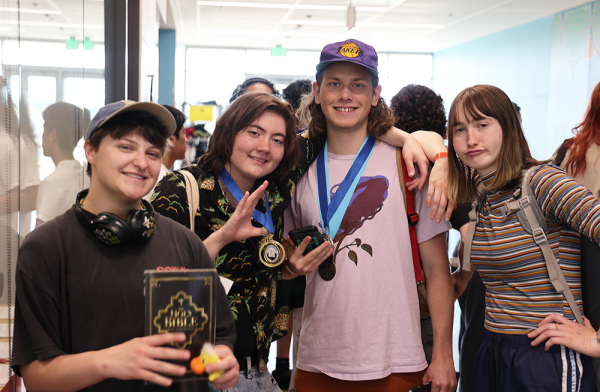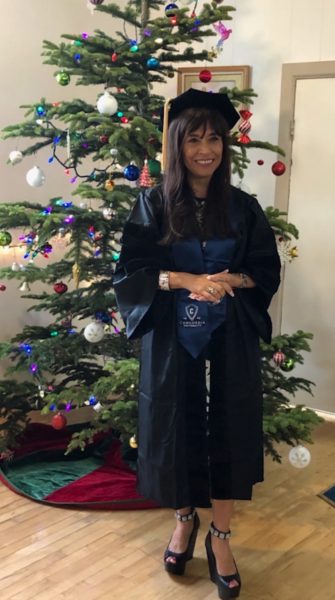Identifying as queer is already difficult enough without external pressures and stigma that disproportionately impact queer youth.
According to a 2020 report by the Oregon Safe Schools & Communities Coalition, 8th and 11th grade students who identify as LGBTQ+ experience bullying two to three times as much as their straight peers.
So, is McDaniel following this trend?
Junior Elle Hansen, who identifies as non-binary, says, “As a whole, [the McDaniel community] is pretty good, especially the teachers. There aren’t that many bigoted teachers I’ve found. There’s still the passing, like, ‘that’s so gay’ comment in the halls, but otherwise, it’s pretty welcoming I’d say.”
While hearing “that’s so gay” in the halls may seem insignificant, that enforces the idea that there is something wrong with being queer.
One of the biggest concerns Hansen mentioned was the availability of gender-neutral bathrooms.
“The bathrooms are definitely a huge issue with McDaniel. Specifically for certain classes, I’ve learned to plan out my route to the bathroom because I know which ones are going to be locked each period…specifically the gender-neutral bathrooms.”
Hansen isn’t the only student here that feels this way.
Freshman Quinn Lipscomb, who identifies as trans and queer, agreed, saying, “There’s also a lot of times that people don’t respect the gender-neutral bathrooms, and students that don’t really need them will use them to skip class or stuff like that.”
For students who identify outside of the gender binary, these bathrooms are crucial resources that allow them to feel that their identity is respected and welcome, so it’s frustrating when they’re constantly locked or occupied.
Gender studies teacher Molo, who uses she/they pronouns and identifies as “cis-ish”, also sees the impact of the lack of open, all-gender bathrooms.
“There are students all over the school who are looking for privacy during the day, and sometimes use the all-gender bathroom for more than all-gender bathroom things,” Molo said, “and I think that that’s hard when students who need the all-gender bathroom can’t access one because other people are using it.”
However, Molo also points out that, for the most part, students feel welcome at McDaniel.
“In my gender studies class we’ve been doing this gender equity project, and we interviewed everybody in the class. And then we had students bring friends to class, and we interviewed them, and we were just like, ‘What’s it like for you here?’” Molo says. “Across the board, it’s mostly pretty great, which is awesome.”
Molo’s gender studies class acts as a space where queer students can feel comfortable and have open and honest dialogue.
Lipscomb, who is also a gender studies student, says, “McDaniel has a pretty cool queer community, specifically in the gender studies class. We’ve been able to find a lot of souls in there because there’s a lot of open discussion about [queer identity].”
Outside of the gender studies class, other teachers are also taking steps to ensure queer students feel welcome.
Hansen says, “My history teacher, he specifically will, like take a break from teaching the main curriculum and dive into queer history of the times… talking about the oppression that queer people faced at the time.”
These small references to queer history help queer students see their identities reflected in history.
Looking towards the future, Lipscomb, Hansen and Molo all said that there are definitely improvements that can be made.
“Add more lessons into the curriculum so kids are taught more, especially in health class,” Hansen says. “I remember taking health class last year, and there wasn’t that much queer rep in the curriculum.”
Lipscomb believes that “just continuing to have open education with students that aren’t trans or queer is really important.”
And, as was mentioned by all three interviewees, the gender-neutral/all-gender bathrooms are consistently closed or occupied by cis-gendered people, making it hard for students who need them to access them.
However, even having more gender-neutral bathrooms around the school is a huge step forward compared to the old building.
If you have any concerns, Molo has mentioned that admin is here to support you. There are also organizations in Portland that specifically serve Queer youth, such as the Sexuality and Gender Minority Resource Center (SMYRC).
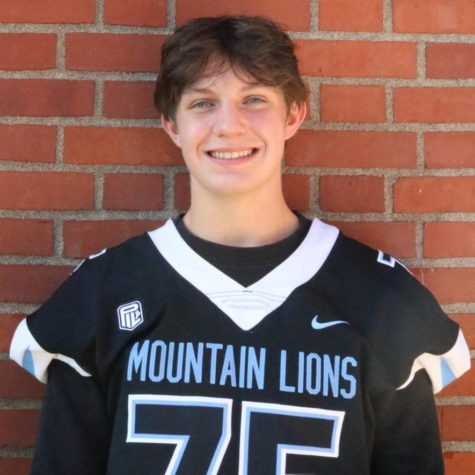
Lane is a senior, and he is passionate about wrestling, transit access and oxford commas. People describe him as intense, driven and hungry. He likes being a journalist because he can shed light on controversial issues and bring the voices of marginalized communities into the spotlight.


